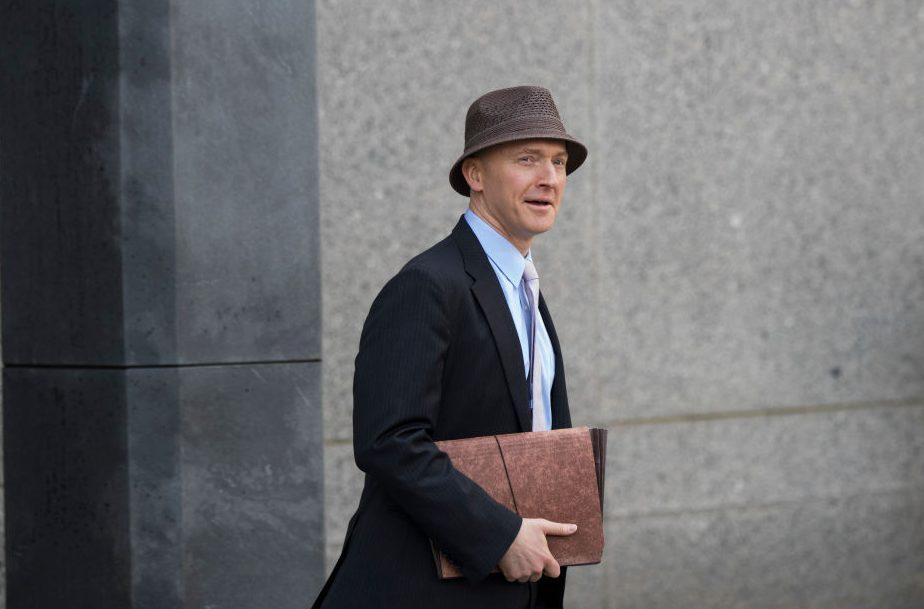Newly declassified documents released on July 21 substantiate long-held suspicions that a group of top Obama administration officials used an unverified opposition research dossier, funded by Hillary Clinton’s presidential campaign and the Democratic National Committee (DNC), to obtain a warrant to spy on former Trump campaign volunteer Carter Page, yet failed to inform the court about who funded the dossier.
Then-FBI Director James Comey and then-Deputy Attorney General Sally Yates signed off on the initial warrant application to the Foreign Intelligence Surveillance Court (FISC), according to the trove of documents released by the Justice Department. Despite telling the Senate intelligence committee that he knew in January last year that the dossier was “salacious and unverified,” Comey signed off on two renewal warrant applications. The 400 pages of the secret court documents span the initial warrant application and three renewals, none of which disclose to the judge that the evidence presented was paid for by the Clinton campaign and the DNC.





